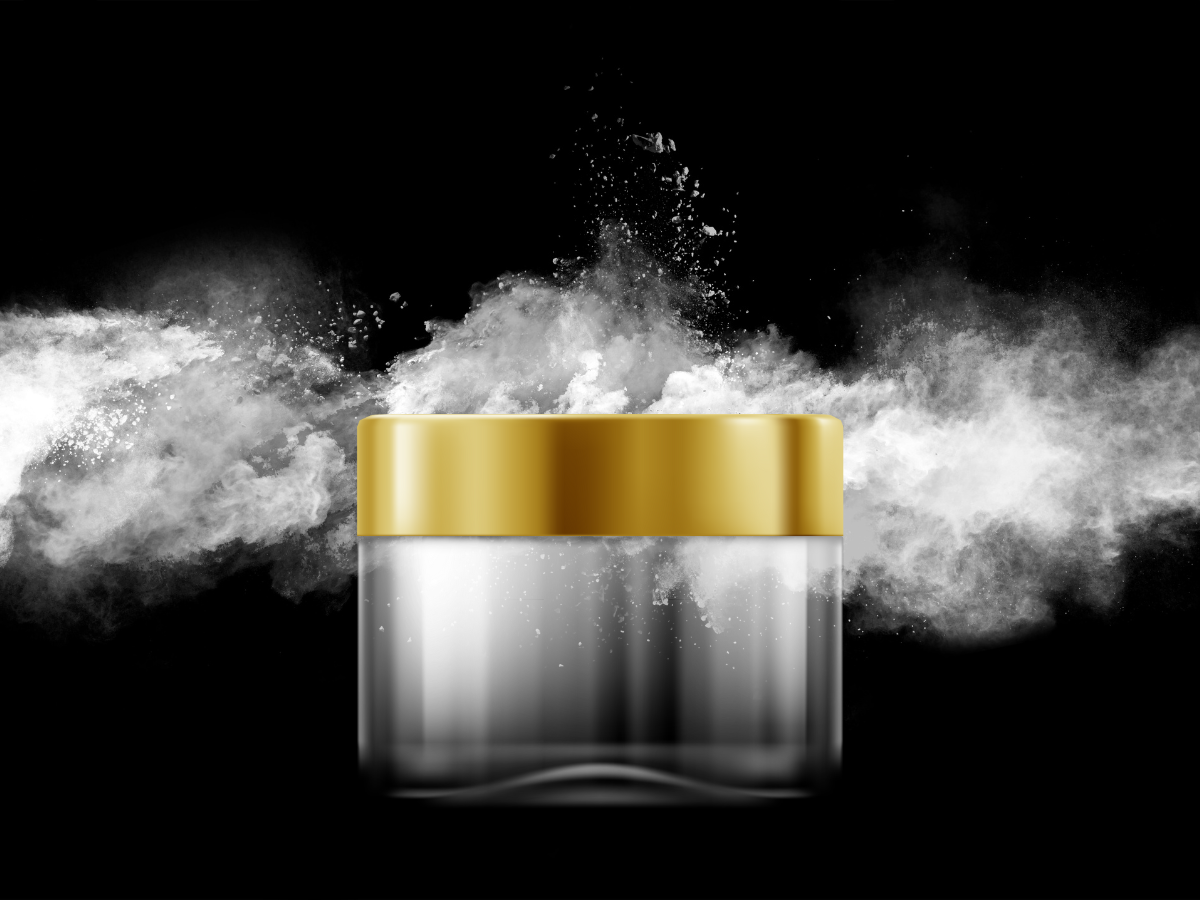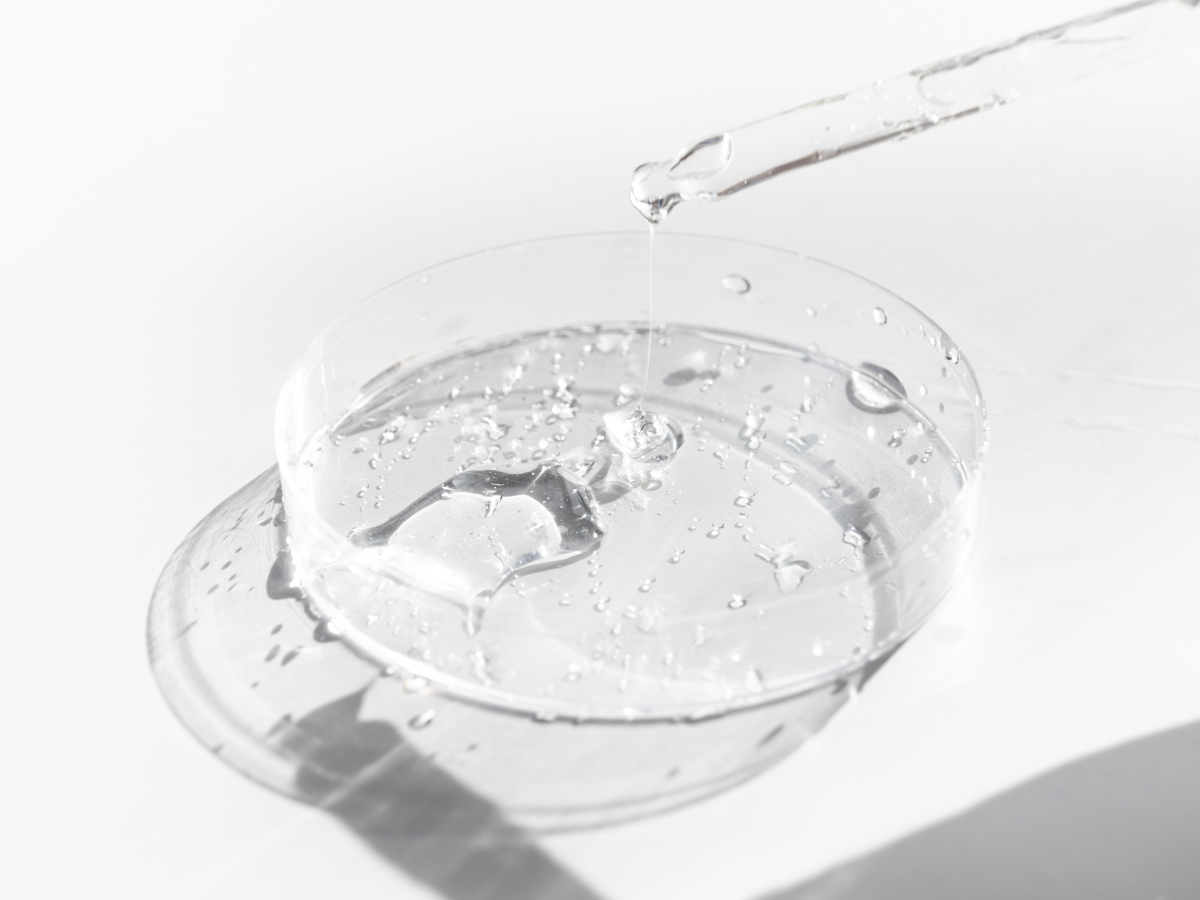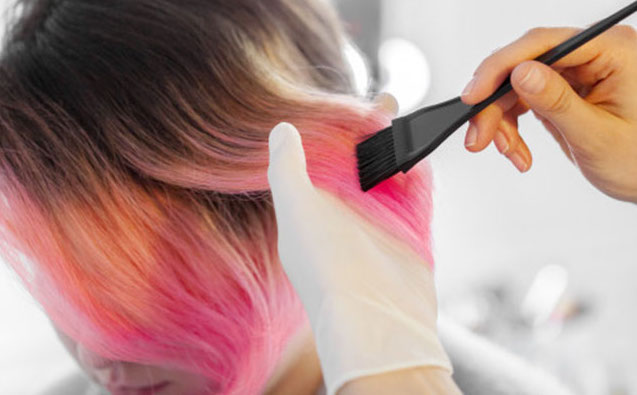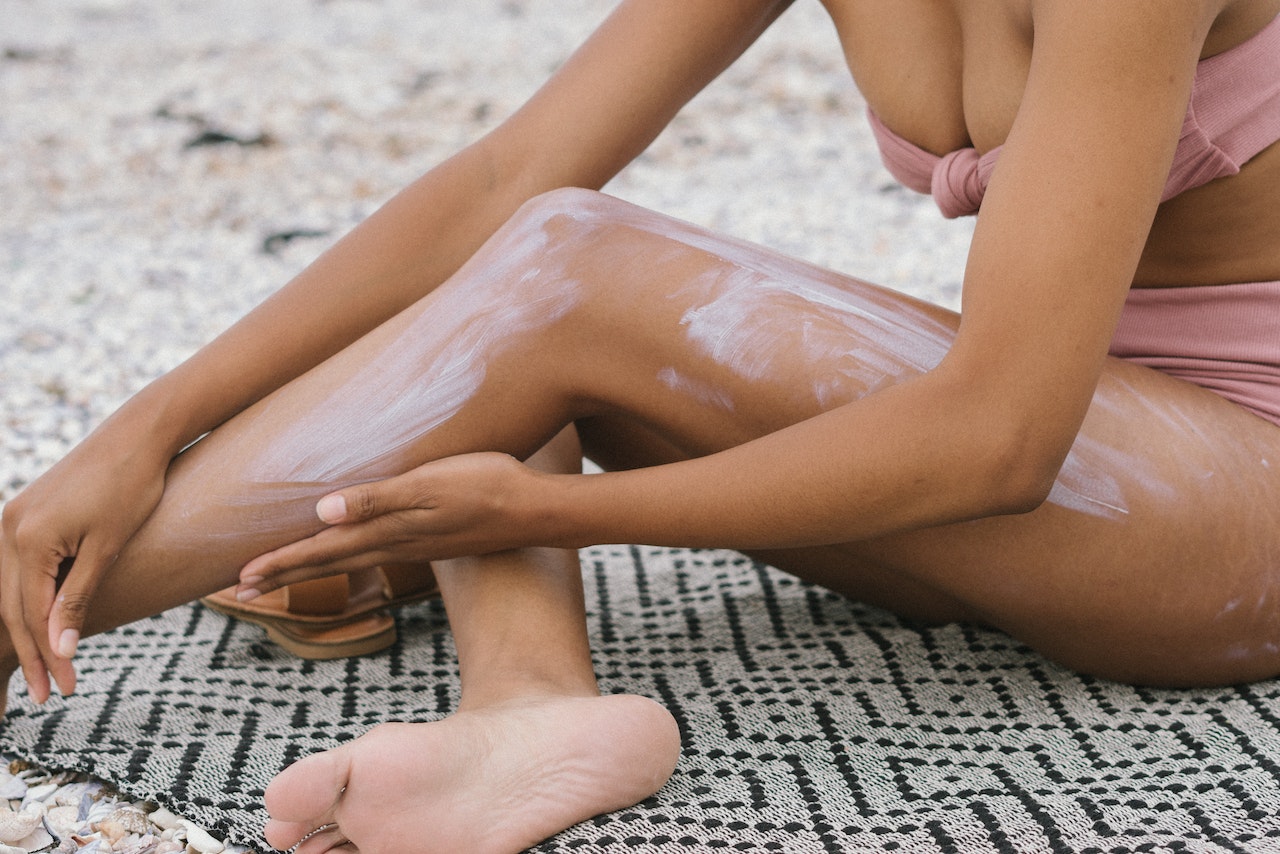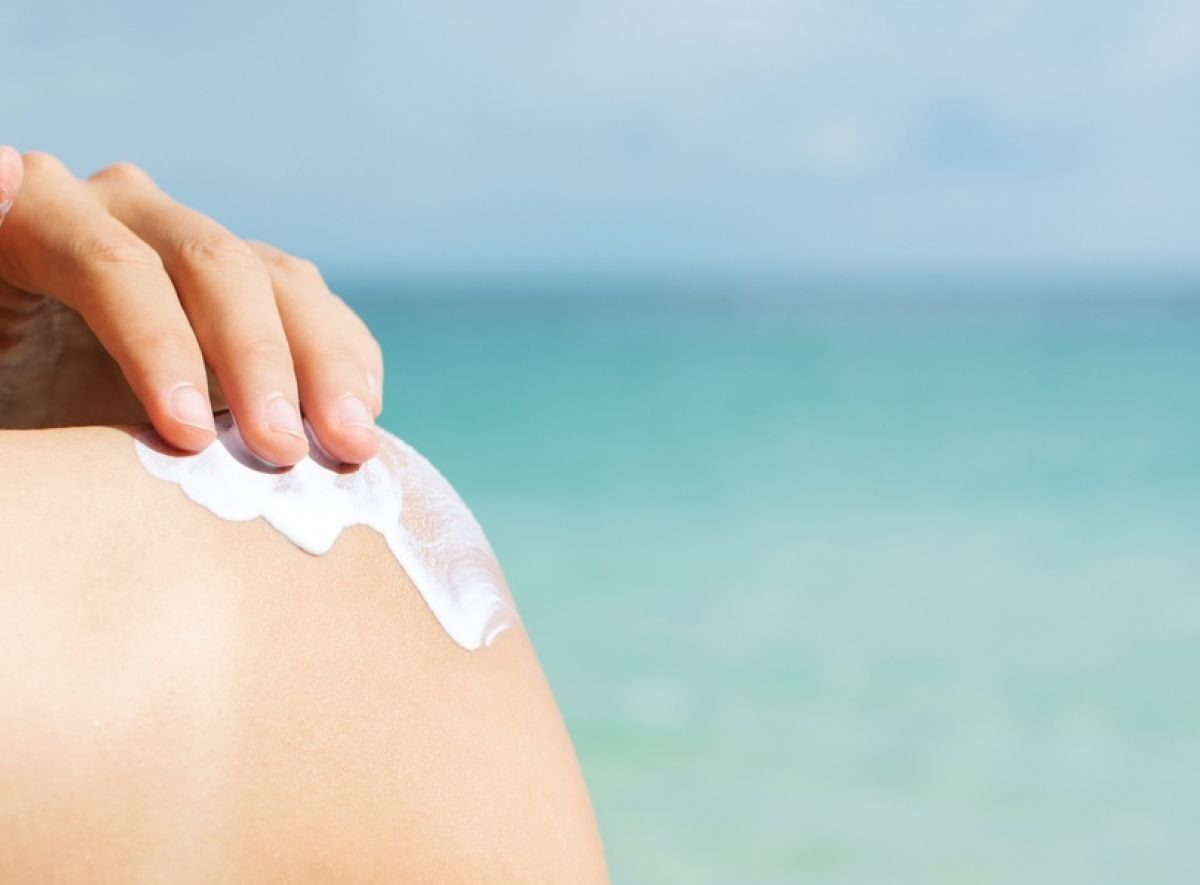Titanium Dioxide (TiO2) (CAS/EC numbers 13463-67-7/236-675-5, 1317-70-0/215-280-1, 1317-80-2/215-282-2)) is an ingredient used in cosmetics as a colorant, UV filter, and powder, under Regulation (EC) No 1223/2009.
Safety of Titanium Dioxide (nano)
In July 2013, the SCCS evaluated the safety of Titanium Dioxide (nano) as a UV filter, concluding that its use at concentrations up to 25%, with specific characteristics, does not pose a risk of adverse effects when applied to healthy, intact, or sunburnt skin.
However, the safety of alternative coatings was not covered in that opinion and requires demonstration that the new coating does not significantly alter the properties of the nanomaterials, in comparison to the ones already covered by SCCS.
New coating of Titanium Dioxide (nano)
In August 2023, the European commision received a dossier concerning a new nano-form of Titanum Dioxide (Eclipse 70), coated with a combination of ‘Aluminium Hydroxide’, ‘Sodium Myristoyl Sarcosinate’, and ‘Dimethicone’. While Aluminium Hydroxide and Dimethicone had been previously assessed by the SCCS in 2014, Sodium Myristoyl Sarcosinate had not yet undergone evaluation.
The Scientific Committee on Consumer Safety (SCCS) was tasked with assessing the safety of Sodium Myristoyl Sarcosinate as a coating for Titanium Dioxide (nano) in light of this new information.
SCCS alerts to insufficient data
On May 27 2024, the SCCS published the Preliminary Opinion on new coating for Titanium Dioxide (nano).
The SCCS has reviewed the data and determined that the information provided is insufficient to conclude the safety of Titanium Dioxide (nano) coated with the specified combination (6% Aluminium Hydroxide, 14% Sodium Myristoyl Sarcosinate, and 10% Dimethicone, known as Eclipse 70).
The data do not sufficiently demonstrate that this coated form of Titanium Dioxide is similar to other nanomaterials previously assessed in terms of physicochemical characteristics, coating stability, and lack of dermal absorption of nanoparticles.
If these issues are not resolved, further data on physicochemical, toxicological, and exposure aspects specifically related to Eclipse 70 will be required to determine its safety in cosmetic products.

